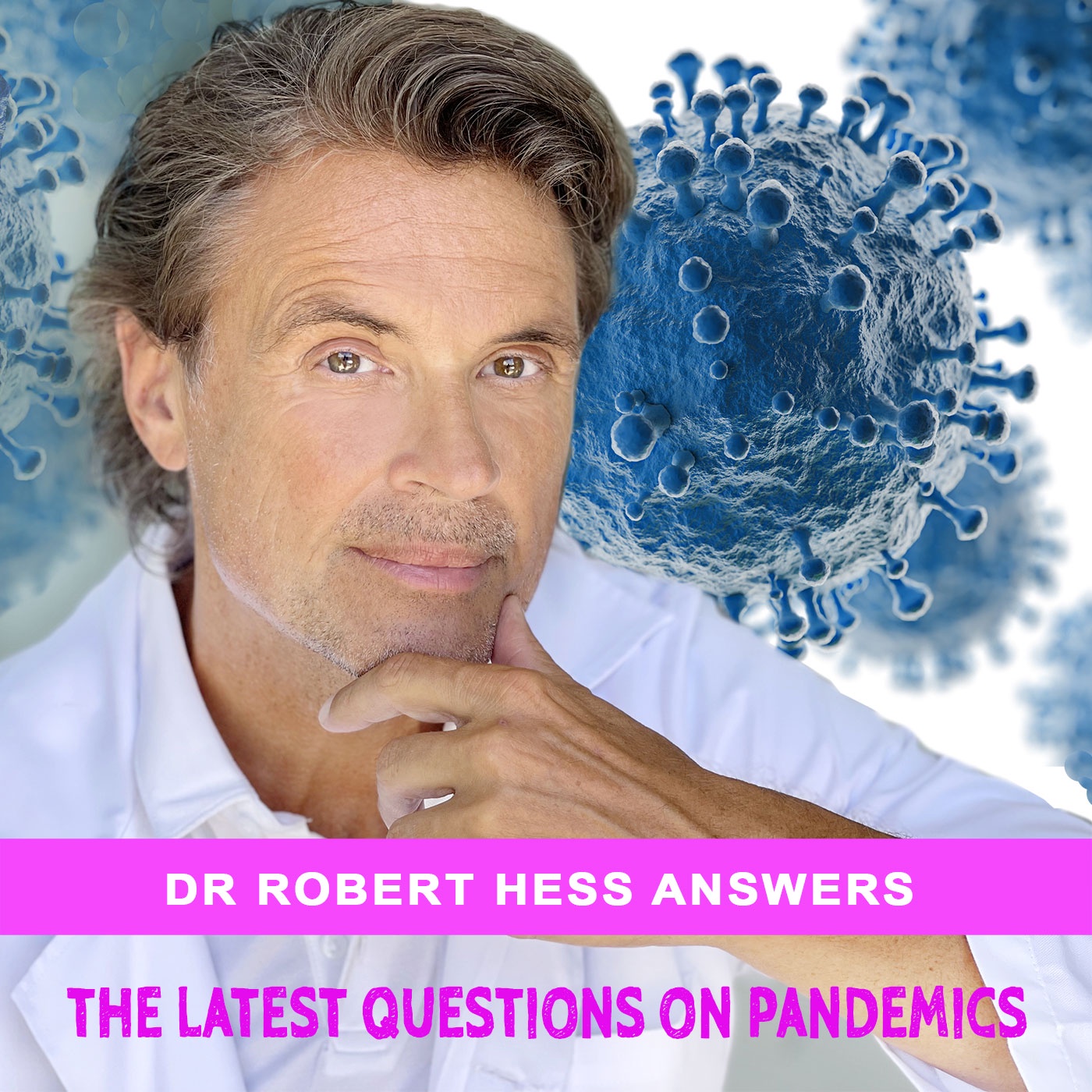
Dr. Robert Hess : Long Covid After Vaccination
In rare cases, coronavirus vaccines may cause Long Covid–like symptoms
In this podcast some of the he most pressing scientific issues to have cropped up in recent press conferences are addressed by Dr Robert Hess. Here you find the most interesting and actual interviews regarding everything around the pandemics.
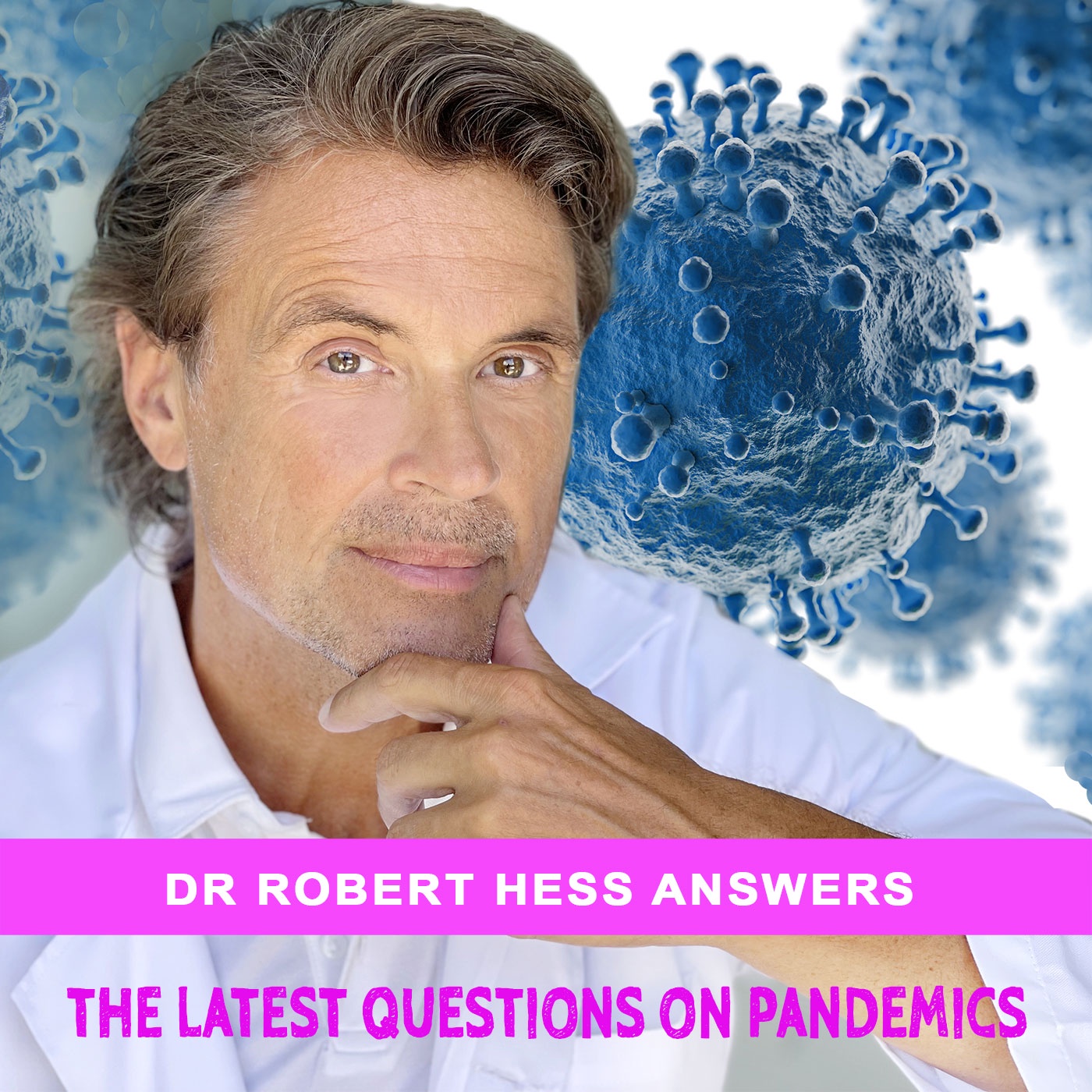

In rare cases, coronavirus vaccines may cause Long Covid–like symptoms
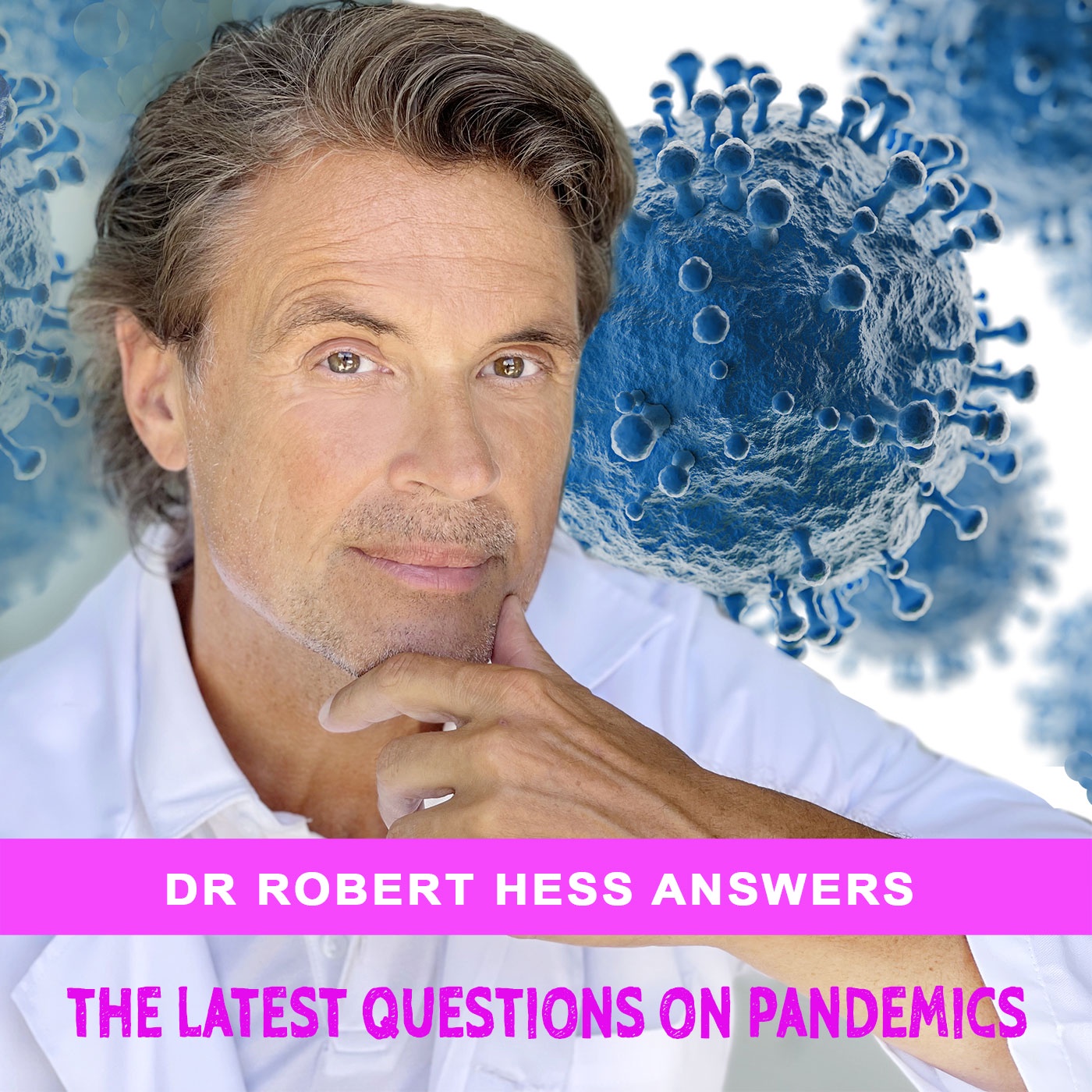
Two full years after the pandemic began, it is now time to consider our next moves. In order to maintain a clear overview, Salvagene placed great emphasis on accurate documentation and ongoing information exchange right from the start. This meticulous approach, together with insights from science and research findings, enabled us to make precisely tailored recommendations for our clients. In the last few weeks and months, we have been gathering up loose ends and shifting our focus to appropriate preventive measures as well as preparations for the aftermath of the Covid-19 pandemic.
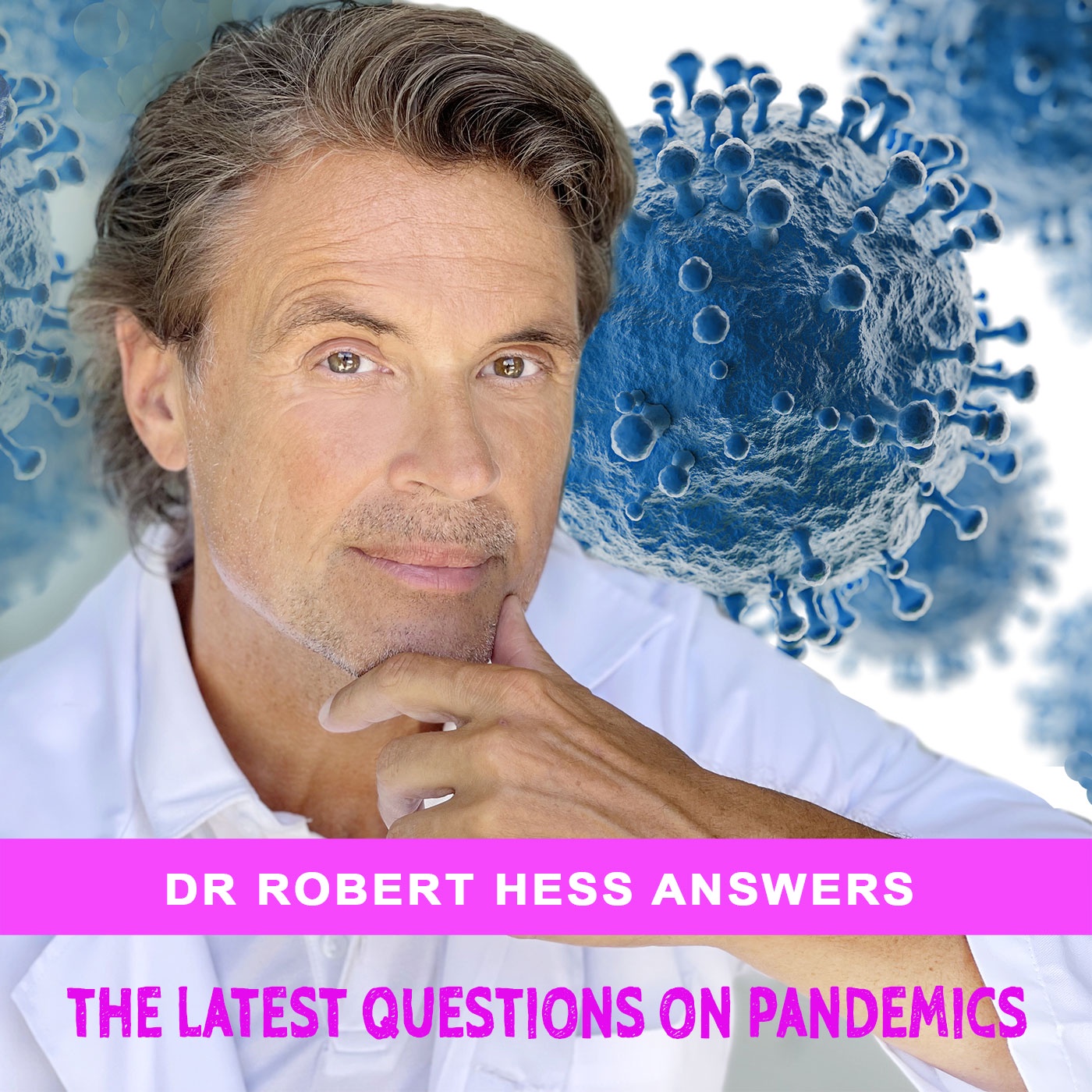
According to the latest figures, between 10 and 30 percent of all persons who test positive for SARS-CoV-2 go on to develop long-term symptoms that can last for weeks, months or potentially even years.
These can vary greatly depending on the severity of the disease, the age of the patient and his or her medical history. When – or indeed whether – those who suffer so‑called “Long Covid” can expect their symptoms to clear up is unclear, and there is as is as yet no treatment for the condition that does more than just alleviate symptoms.
A U.S.-based research group...
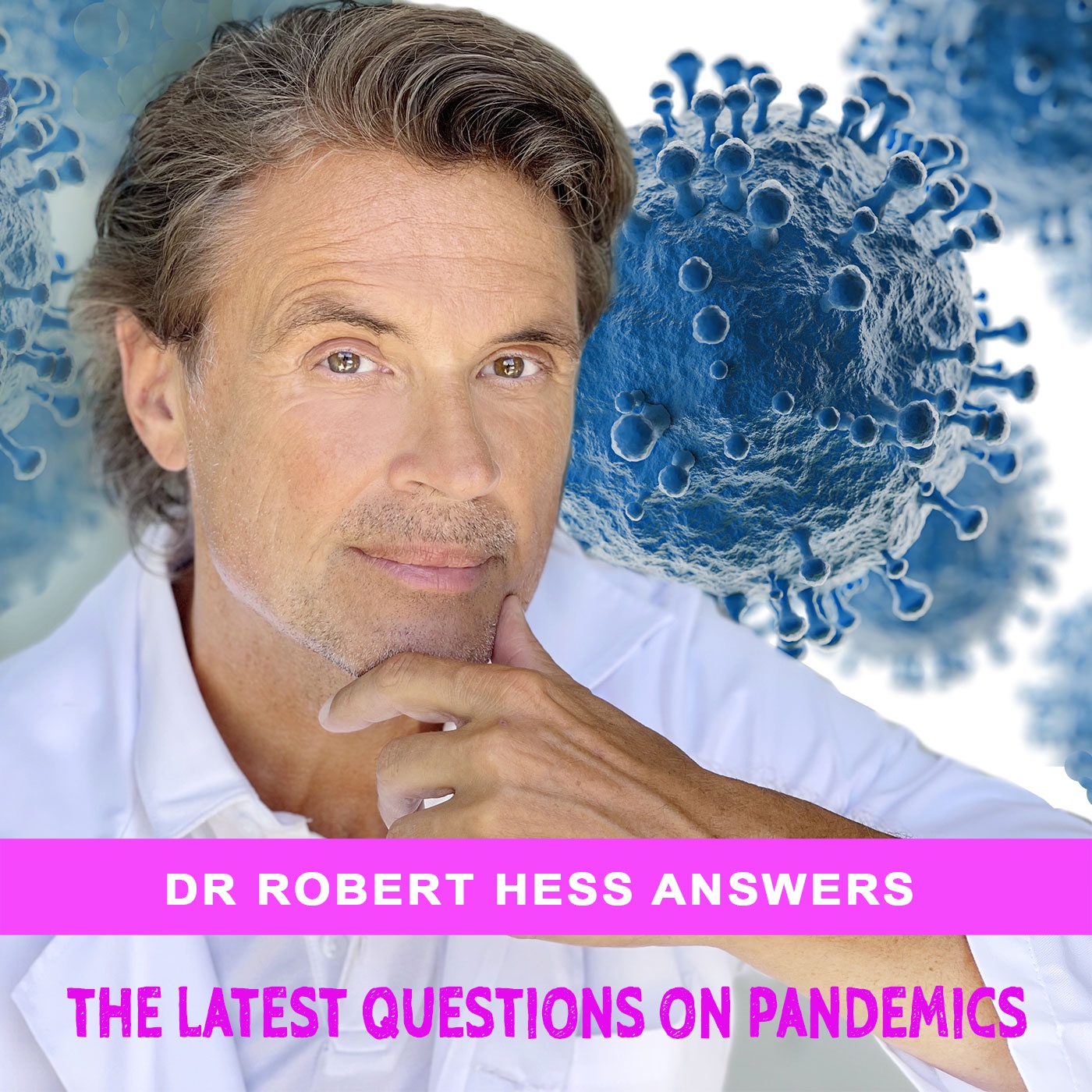
Paxlovid received emergency approval in the USA just before Christmas, and it may get the all-clear for use in Europe as early as January. This new medication could help reduce the number of people who fall severely ill with COVID-19, but supply shortages and manufacturing problems are so far hindering widespread distribution.
Taken early enough after a diagnosis of COVID-19, paxlovid could dramatically reduce the risk of severe illness. Its manufacturer, Pfizer, claims that the likelihood of hospitalization or death for high-risk patients following an infection is reduced by almost 90 percent. Many in the medical profession are now hoping...